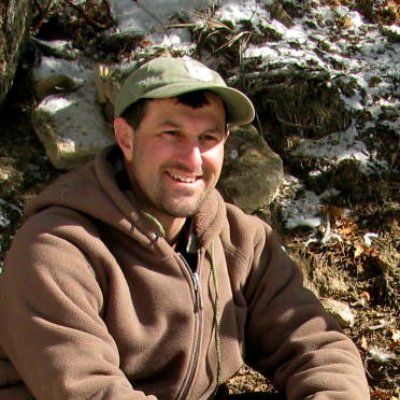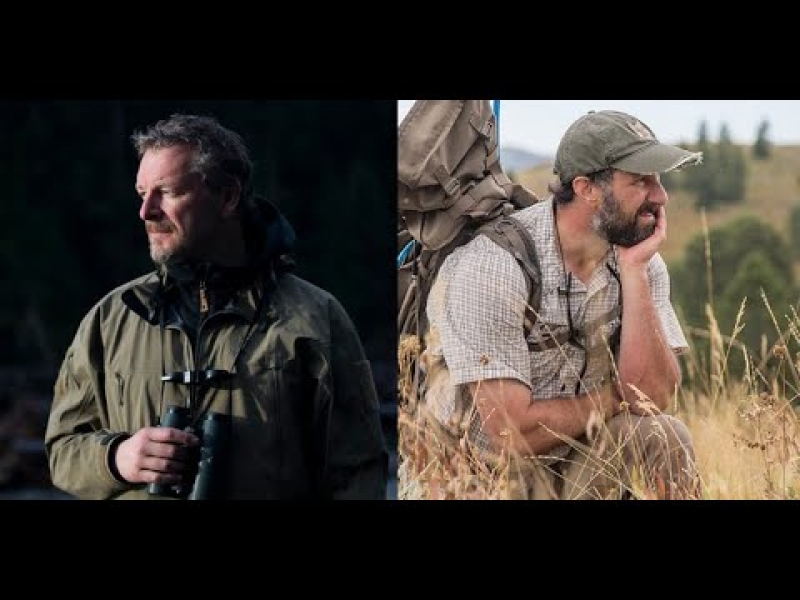
Mark Elbroch
Mark Elbroch is a mountain lion biologist and Director of Panthera’s Puma (Mountain Lion) Program. He has contributed to mountain lion research in Idaho, California, Colorado, Wyoming, Washington, Mexico and Chile. Mark’s work with mountain lions has been covered by National Geographic, the BBC, National Public Radio, the New York Times, Scientific American, and The Washington Post, among others. Mark is twice a National Geographic Explorer and the 2017 recipient of the Craighead Conservation Award for “creating positive and lasting conservation outcomes.” As a working biologist, Mark often finds himself caught in the middle of opposing opinions about mountain lions. On the one hand, he has been called a “soulless bastard” for “enslaving” mountain lions for research, and on the other, a “liberal, tree-hugging, s**t-for-brains” for advocating for reducing mountain lion hunting. This unique combination provides him the distinctive vantage from which he wrote this book. Mark currently lives in lion country with his family, and continues to design and implement mountain lion research and conservation strategies in both North and South America for Panthera (www.panthera.org). He is the author and coauthor of ten guide books on natural history. More about Mark can be found at markelbroch.com.

